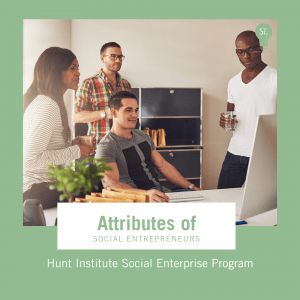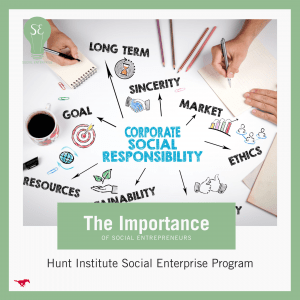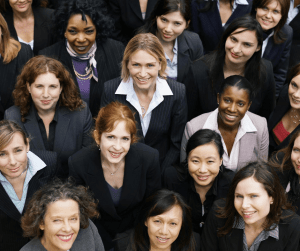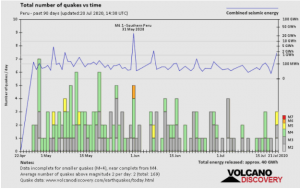Fighting climate change and food insecurity are two core issues addressed by Dr. Eva Csaky, Executive Director of the Hunt Institute, co-founder of the Inclusive Economy Consortium (IEC), and creator of the Texas Sustainable & Inclusive Food System Coalition. These organizations are working together to address a food system that is in crisis. Social entrepreneurs working locally, like Dr. Owen Lynch founder of Restorative Farms, are also paramount in addressing these issues as we adjust to the disruption in our global supply chain by the COVID-19 pandemic.
Two weeks ago, The Guardian published an article by Tom Philpott with the alarming headline, “Unless we change course, the US agricultural system could collapse.”
Philpott explains that California is responsible for growing a significant portion of the country’s vegetables. In fact, according to the USDA 2017 Census of Agriculture, California comprised 42% of total U.S. vegetable sales. Moreover, California had 1.2 million harvested vegetable acres in 2017. The problem is, with global warming, that supply has been and continues to decline. In years when there is little precipitation, farmers tap aquifers to fulfill their irrigation needs. Unfortunately, this process causes the ground to gradually sink, a phenomenon called subsidence. Subsidence, in turn, damages the canals that carry the melted snow of the Sierra Nevada to farms in the area. And thus, we have a vicious cycle that continues to negatively affect the water supply available to California’s farmers.
The state of Iowa comprises 7% of US agriculture sales, according to the USDA 2017 Census of Agriculture State Profile. With its fertile topsoil, called mollisol, Iowa is a great place for farming. However, again due to climate change, more intense weather patterns have put extra pressure on the soil. Also contributing to the loss of mollisol is the fact that Iowa primarily grows only two crops – corn and soybeans. The article cites the soil scientist Rick Cruse, who found that “Iowa is losing soil at a rate 16 times the pace of natural replenishment.”
There is not a simple solution to the food system in crisis. Complex issues require complex solutions. Philpott proposes that other areas of the US should increase their fruit and vegetable production, and Iowa farmers could diversify their crops rather than accepting payment to overproduce corn and soybeans. Others theorize that technology-based growing systems like hydroponics that enable vertical farms would significantly reduce the agricultural footprint. The implementation of these solutions should be collaborative and sustainable in practice.
Fighting climate change and food insecurity go hand in hand. At the Hunt Institute, we are working toward finding solutions in collaboration with farmers. Through collaboration, the IEC, Hunt Institute, scientists, agriculturalists, and farmers can come together to share knowledge and experiences in order to create sustainable solutions that achieve climate and food justice. Read more about the Texas Sustainable & Inclusive Food System Coalition and their founding members to find out how you can engage.
To read more about the Hunt Institute’s work to develop future-focused solutions to some of the world’s biggest problems, please click here. For the latest news on the Hunt Institute, follow our social media accounts on LinkedIn, Facebook, Twitter, and Instagram. We invite you to listen to our Podcast called Sages & Seekers. If you are considering engaging with the institute, you can donate, or sign-up for our newsletter by emailing huntinstitute@smu.edu.

















